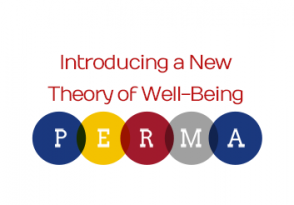News
Tomorrowmind: New Book by Martin E.P. Seligman
Thrive in your career with this radical, future-proofed approach to work in a world where automation, globalization, and downsizing are an urgent and threatening reality—from experts in workplace mental health, Gabriella Kellerman, CPO of BetterUp, and world-renowned psychologist Martin Seligman.
In recent years, workplace toxicity, industry volatility, and technology-driven turnover have threatened the psychological well-being of employees. When we can’t flourish at work, both personal success and corporate productivity suffer. As we sit on the cusp of some of the most turbulent economic changes in history, many of us wonder how we can not only survive but flourish in our careers.
Now, Tomorrowmind provides essential plans and actionable advice for facing the uncertain future of work. With in-depth and clear-eyed evidence, it offers key skills on everything from resilience and innovation to social connection and foresight. Cultivate a workplace that fosters connection and meaning for yourself or your employees with this timely and crucial guide that is destined to inspire generations of workers.


